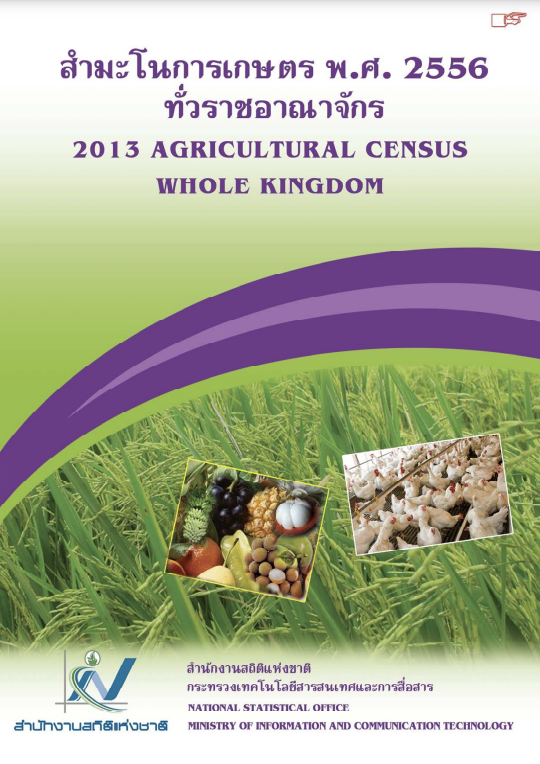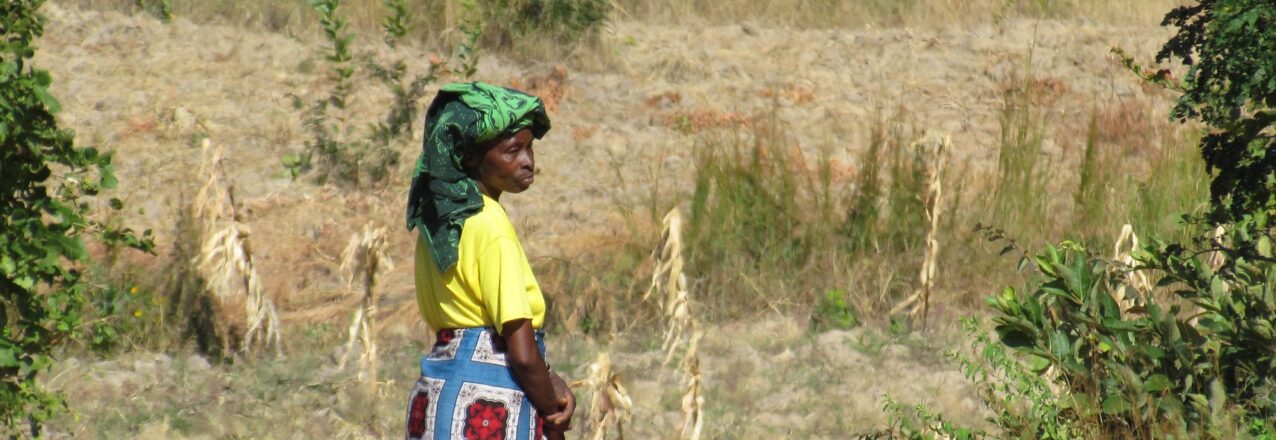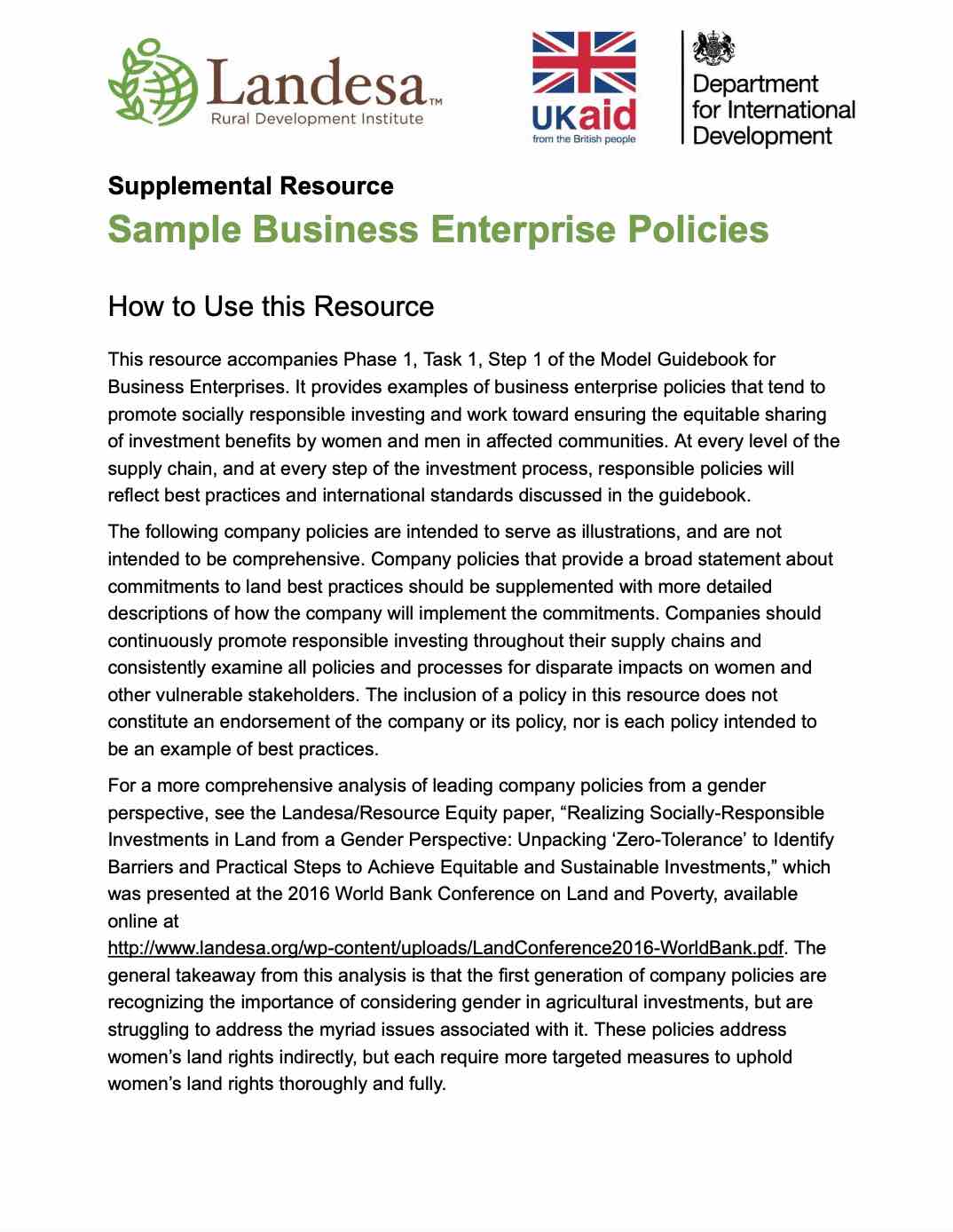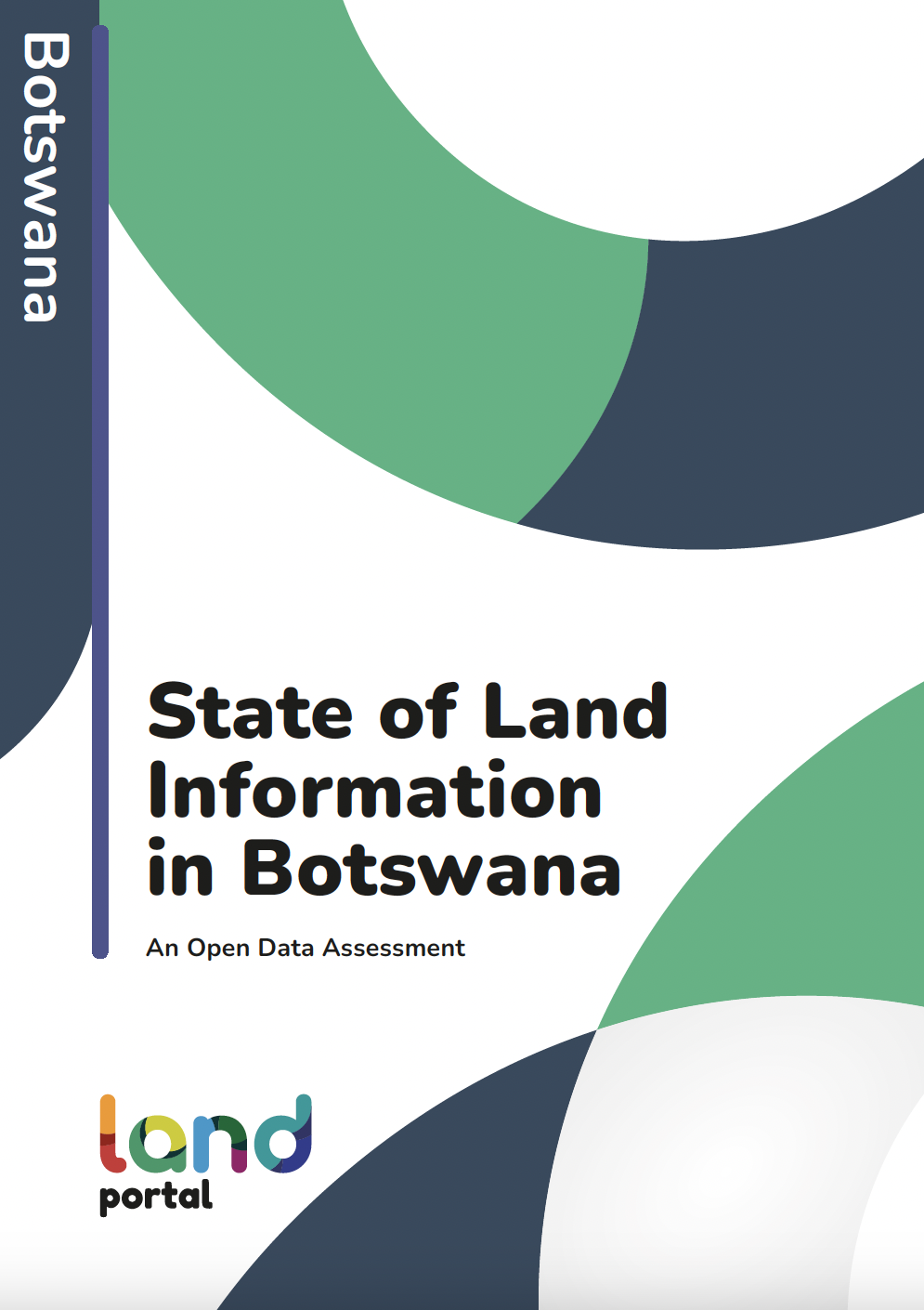2013 Agricultural Census Whole Kingdom
The National Statistical Office has conducted the Agricultural Census every 10 years in accordance with the recommendation of the Food and Agriculture Organization (FAO) and this census round was the sixth of its series. The census aims to provide basic information of the structure of agriculture and that information provides as a guideline for developing agricultural policies and plans as well as for monitoring agricultural development for both national and local levels.






